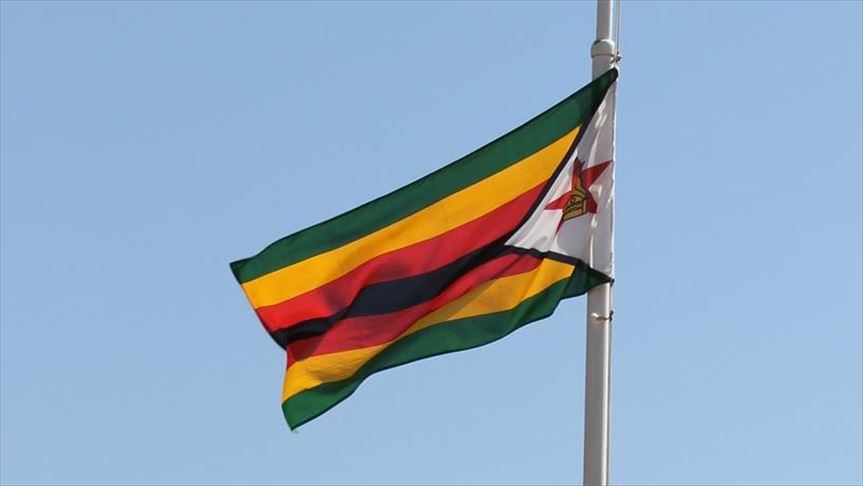By ETimes
HARARE – The Zimbabwean government has been working cooperatively with foreign creditors, such as the African Development Bank (AfDB), to settle its formal debt and pay off its arrears since late 2022.
Authorities need to work harder towards improving perceptions around transparency and integrity in the management of public resources.
Is the process of debt resolution in the context of the AfDB-led engagement process still ongoing?
This comes as there was no movement on the same post on August 23, 2023, given that some of the conditionalities to include those related to the election processes seem to lack clarity.
Debt issues or resolutions must be independent from other political agendas, including electoral processes and national land “reform” disputes.
Otherwise, the negotiations become very murky. The resolution of the debt issue is heavily linked to economic growth and its potential to generate a steady stream of revenues and that is a very difficult proposition given the general economic performance of Zimbabwe and the fact that development partners are hardly supporting the economic agenda.
A fair or equitable debt resolution demands an independent referee of some sort and I think this is where the United Nations can play a crucial role. It is not logical to expect creditors who are owed to act in the national interest of Zim but in their own selfish interests.

Perhaps the likes of the United Nations Conference on Trade and Development (UNCTAD) and the United Nations Department of Economic and Social Affairs (UNDESA) could play such a role here. It makes a lot of economic, social and political sense for Zimbabwe to demand a detailed public audit of its external debt.
It would be essential that that audit go back from 1975 to about 2020.
Furthermore, that audit to be best funded through a grant from the likes of AfDB and undertaken by a reputable international or local auditing firm with concrete experience of having done a similar experience in a developing country setting must also come up with concrete solutions that, among other things, do not push Zimbabwe into a worse-off situation.
The southern African nation also needs to concretely explore debt swaps to include debt/social investments (education, health, infrastructure, and social) and debt/environment or climate change.
This could be one of the concrete recommendations emanating from the proposed audit.
With US$6.6 billion in arrears, Zimbabwe’s external debt is at $12 billion.
The country’s ability to secure affordable finance for infrastructure projects is being hampered by the debt burden.
The southern African nation has been pursuing its international reengagement drive, with the government making additional efforts to improve the ease of doing business and transparency since 2018.
Under the country’s economic blueprint, the engagement and re-engagement drive in support of economic diplomacy will improve the country’s image, strengthen relations with the international community, and boost trade and investment.
The international community demanded that Zimbabwe fulfil a number of commitments, including safeguarding and advancing the country’s core political values, upholding democratic institutions and procedures, upholding the rule of law and the independence of the judiciary, and establishing an honest and just government, among many other demands.
President Emmerson Mnangagwa’s administration rolled out the Zimbabwe is Open for Business mantra, calling on investors to realise the investment opportunities in the country and shun negative perceptions of risk.


